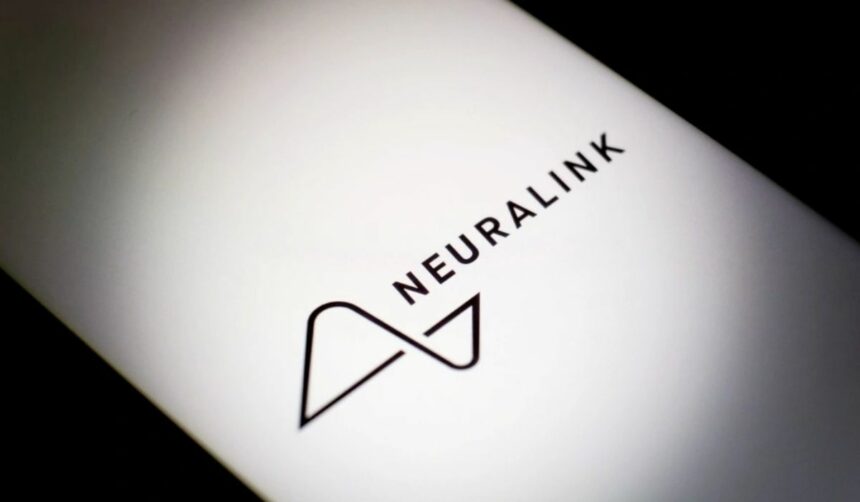According to Neuralink, Elon Musk’s brain technology startup, the implanted device in the very first human brain had malfunctions several weeks following the surgery.
Elon Musk’s Neuralink announced at the end of January that the company has successfully implanted its brain chip in a human being for the first time.
The recipient of this brain chip is a 29-year-old guy who had an accident that left him disabled below the shoulders. After two days of surgery, the guy, Noland Arbaugh, was said to be recuperating nicely.
The company revealed that weeks after the January procedure, some of the electrode-studded threads that are inserted into the brain tissue started to pull out of that tissue.
As a result, the gadget stopped functioning correctly. Neuralink responded by stating that it made certain adjustments that led to the patient’s recovery happening quickly and staying that way.
Recounting the progress of Arbaugh after surgery, the blog said: “He plays online computer games with friends (Chess, Civilization VI), browses the internet, live streams, and uses other applications on his MacBook, all by controlling a cursor with his mind”
Neuralink stated their priority is to assist those who are paralysed. Musk claims that eventually, his invention may benefit those who are blind or have hearing impairments.
Musk expressed his optimism that the implant will eventually enable future objectives like assisting humans in fusing with artificial intelligence.
“Our goal is to provide a high-performance interface that will enhance the control of digital devices for people with quadriplegia, unlocking their personal and professional potential.
“The first step toward this goal was achieved just over 100 days ago at Barrow Neurological Institute in Phoenix Arizona, where Noland Arbaugh, the first participant of the PRIME Study*, received his Neuralink implant (Link).
“As noted in our last blog post, the surgery went extremely well, and he was able to go home the following day,” the blog post read.
We earlier reported that a technique known as gigacasting, which would have allowed Tesla to produce its cars’ underbodies in one piece, has been shelved.










